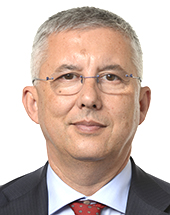
Choisissez la langue de votre document :
- bg - български
- es - español
- cs - čeština
- da - dansk
- de - Deutsch
- et - eesti keel
- el - ελληνικά
- en - English
- fr - français
- ga - Gaeilge
- hr - hrvatski
- it - italiano
- lv - latviešu valoda
- lt - lietuvių kalba
- hu - magyar
- mt - Malti
- nl - Nederlands
- pl - polski
- pt - português
- ro - română
- sk - slovenčina
- sl - slovenščina
- fi - suomi
- sv - svenska
|
|
|
|
|
|
|
|
|
|
|
|
|
|
|
|
|
|
|
|
|
|
|
|
|
|
|
|
|
|
|
|
|
|
|
|
|
|
|
|
|
|
|
|
|
|
|
|
|
|
|
|
|
|
|
|
|
|
|
|
| Jogi nyilatkozat - Adatvédelmi szabályzat |




















































































































































































































































































































































































































































